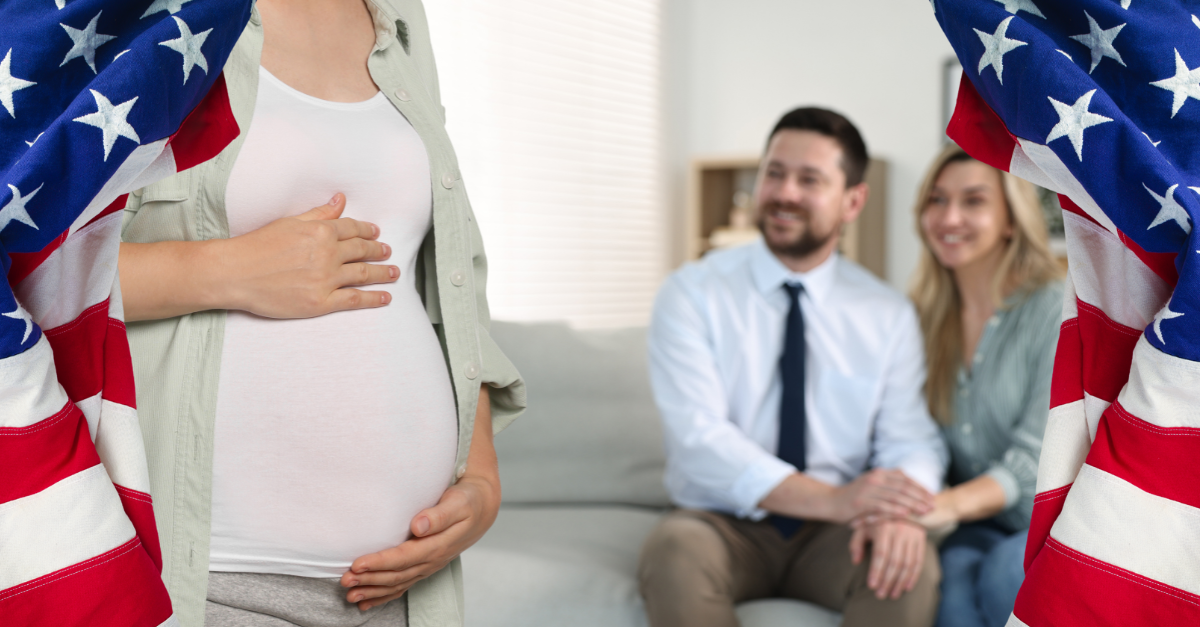In my capacity as an expert on cross-border surrogacy globally, I was invited to an International Forum In Cambridge, UK on 29-30 June this year. Experts were weighted towards lawyers and non-profits from the UK, US & Australia, with reasonable representation from Switzerland, China, Hong Kong, South Africa & New Zealand and much smaller representation of experts from Netherlands, Finland, Israel, Singapore, Spain, Japan, France, Germany, India, Denmark, Russia, Greece, Canada, Ukraine & Kenya.
There was much discussion comparing four different models of regulation: Prohibitive (eg Germany); Tolerant (eg Australia);Regulatory (eg Greece); & Free Market (eg USA)
I was included in two additional workshops organised by the UN Special Rapporteur with the object of refining preliminary draft recommendations in respect to commercial surrogacy arrangements. The Special Rapporteur Maud de Boer-Buquicchio has shared our concern about the lack of regulation in cross-border surrogacy arrangements and common issue of statelessness and/or lack of legal parentage that can arise. She wanted to understand how the UN might be involved in better protecting the rights of children born via surrogacy in relation to
- Ensuring access to knowledge of their genetic origins (details of donors and surrogates)
- Establishment & recognition of legal parentage
Discussions were also raised around balancing these issues with the right to privacy of parents and gamete donors. The Special Rapporteur will present her report to the General Assembly in October 2019.
While it remains unclear exactly what position the final report will take, the Special Rapporteur indicated that our workshops had been by far the most useful component of her enquiries.
It was accepted that the UN cannot force member states to recognise intended parents as the legal parents, but recent thorough reviews such as the UK Law Reform Commission’s have highlighted that not to do so infringes a child’s basic human rights to a legal identity.
I believe it is quite possible that Special Rapporteur report will recommend that the UN
- issue Best Practice Guidelines in relation to cross-border surrogacy
- encourage member states, regardless of their legal/moral position on surrogacy, to uphold these guidelines in the interests of protecting the rights of the child
Based on consensus position reached in the workshops, Best Practice Guidelines could include:
- Written Informed consent of surrogate & egg donor
- Mandated record keeping of genetic identity of children
- A process of sharing genetic identity information be implemented with member states
- Encouraging countries with surrogacy legislation to adopt pre-birth parental approval processes, as currently practiced in some US states, Canadian provinces, Greece, South Africa, Ukraine and Georgia), to ensure that the child’s medical & administrative decision-making can be made by the parties who have custody of the child, rather than the surrogate, who (research shows) does not want this role.
- Encouraging ‘recipient’ countries to recognise legal Parentage granted by overseas jurisdictions, where it can be proved that the child was born via surrogacy in that jurisdiction and that the country has a reliable judicial or administrative framework which makes legal provision for such arrangements
Sam Everingham


